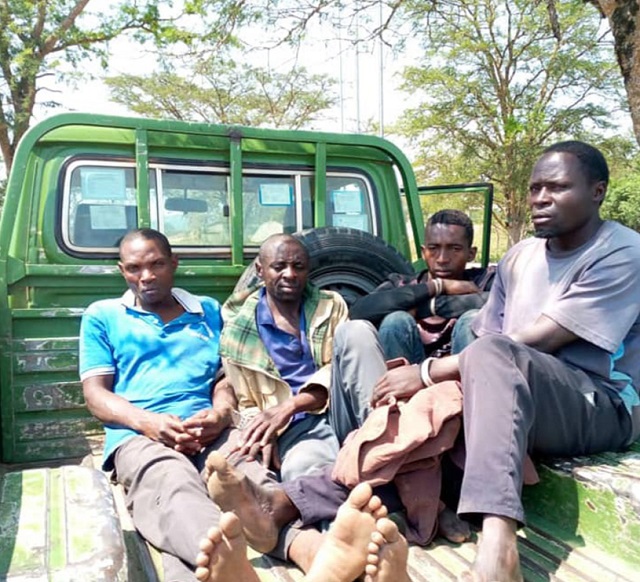
Kampala, Uganda | THE INDEPENDENT | While technology is playing a leading role in conserving endangered wildlife specie, Ugandan rangers are on the other hand reluctant or not interested in acquiring those skills. The lack of support by some of the development partners to fund technology-led initiatives has further aggravated the situation.
This concern has been raised by Uganda Wildlife Authority’s Executive Director, Sam Mwanda, and other conservationists as Uganda prepares to celebrate World Wildlife Day. The theme for 2024 is “Connecting People and Planet: Exploring Digital Innovation in Wildlife Conservation.” The theme highlights the critical role that digital innovation plays in wildlife conservation efforts.
Mwandha told journalists in Kampala that while technology has become part and a parcel of conservation efforts, reluctance by workers in the parks to use and deploy them is limiting their adoption.
He said while the Authority has invested a substantial amount of money in training its personnel to operate those technologies, many of them don’t use them for more than two days until a higher authority follows up on the results.
Apart from the lack of interest, Mwandha adds that the technologies are very costly to purchase and maintain due to the frequent upgrades required in a very short period. The other challenge is the lack of a unified system for multiple results since every unit serves a different purpose, and this comes with a cost through purchasing upgrading licenses and retraining staff to operate the equipment.
“We have not reached a level where we can have a single system that works and gives us everything; this comes with a cost because we buy accessories to support each of these equipment, then the licensed software. These expenses are not always readily available,” Mwandha explained.
Digital technologies are being incorporated globally into many facets of wildlife conservation and trade. It is feared that with the increasing population, human-wildlife conflicts are likely to increase. The use of technology is part of the cheaper option for monitoring some of the threats to conservation areas. Daniel Ndhizikiwe, the manager for protected areas and conservation at the Worldwide Fund for Nature (WWF) noted the need to ensure the adoption of modern technology if Uganda is to achieve it conservation efforts
According to Ndhizikiwe, the lack of coordination within civil society is one of the major issues that lead to the duplication of the technologies being used. “The transfer of game rangers by UWA also affects the entire system because there is a need to train the new ones who would be posted to the different protected areas,” Ndhuzikiwe adds.
Nature Uganda Executive Director, Achilles Byaruhanga said irrespective of the challenges in the digital approach to wildlife conservation, there should be no turning back in the deployment of these technologies because they are the assured way for effective and efficient monitoring of the protected areas and the wildlife therein.
According to Byaruhanga, in this day and age, deploying digital technology is not a luxury but a mandatory requirement to solve the many problems that humans cannot handle.
This year’s World Wildlife Day will be held in Kabarole but under a global theme. World Wildlife Day 2024 will aim to raise awareness about the latest applications of digital technologies in wildlife conservation and trade and about the impact of digital interventions on ecosystems and communities around the world.
The celebrations will explore digital innovation and highlight how digital technologies and services can drive wildlife conservation and human-wildlife coexistence, now and for future generations in an increasingly connected world.
****
URN
 The Independent Uganda: You get the Truth we Pay the Price
The Independent Uganda: You get the Truth we Pay the Price





